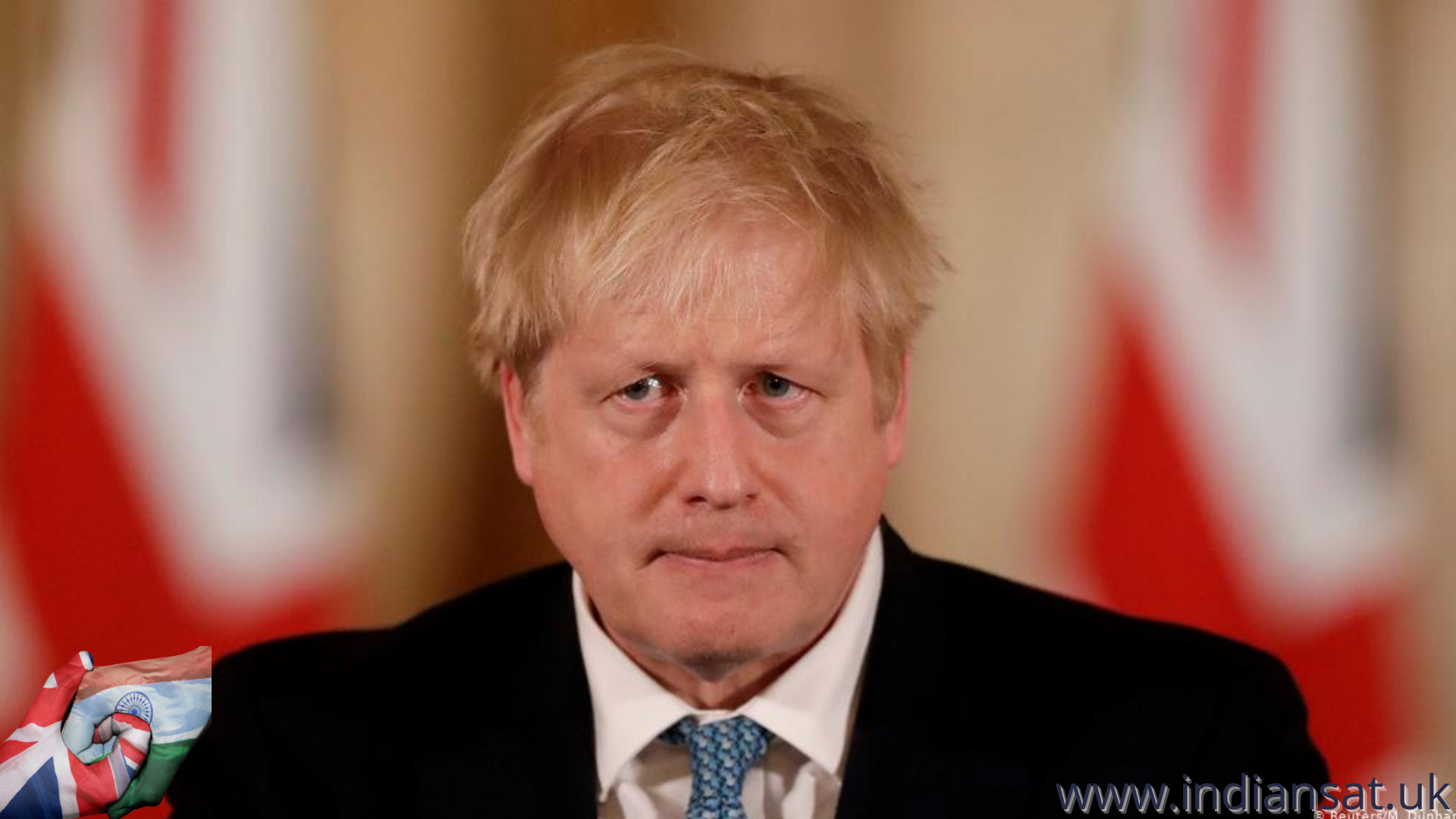British Prime Minister Boris Johnson on Tuesday singled out Mumbai-headquartered pharmaceutical and biotech company Wockhardt for praise among companies behind the country’s successful COVID-19 vaccine rollout.
During a flagship speech at the Global Investment Summit at London’s Science Museum, Johnson said Wockhardt’s Wales-based bottling plant was instrumental in ensuring the vaccination programme was a success.
“When you look at the lightning speed of the vaccine rollout there were all sorts of things that made it possible… in Wales, I’m proud to say, we had the bottling plant that made it all possible,” said Johnson, to an audience of leading global business chiefs and entrepreneurs.
“Wockhardt, an Indian company, from Mumbai, whose family motto was to work hard. Hence Wockhardt. And it was the hard work of those companies, of Wockhardt and their staff, that made it possible,” he said.
The UK government had last year struck a deal with the Wockhardt plant, based in Wrexham in North Wales, for its fill-and-finish line to bottle millions of coronavirus vaccine doses.
The Mumbai-headquartered company has been among the largest suppliers into the UK’s National Health Service (NHS) and has had a presence in Wrexham for over two decades, where it employs hundreds of people at a high-tech manufacturing facility.
The Global Investment Summit has been organised in London to bring together the world’s biggest investors to showcase British innovation and promote the UK as the best investment destination in the world.
As part of the summit, Boris Johnson and Microsoft Founder Bill Gates announced a new partnership to drive investment into the next generation of ground-breaking clean energy technologies.
The partnership leverages 200 million pounds of private sector investment in the UK to accelerate the development of the cutting-edge climate technologies needed to achieve net-zero emissions by 2050.
“We will only achieve our ambitious climate goals if we rapidly scale up new technologies in areas like green hydrogen and sustainable aviation fuels – technologies that seemed impossible just a few years ago,” said Johnson.
“Ahead of COP26, this new partnership with Catalyst is a boost to the UK’s vision for a green industrial revolution. It will help to bring innovative technologies to market globally while building new skills and creating high-quality jobs across the UK,” he said.
Catalyst – a programme within the larger Breakthrough Energy network – is a new model for public-private sector partnership that brings together businesses, governments, philanthropists and individuals to invest in critical climate technologies.
The programme focuses on four key green technology areas: green hydrogen, long term energy storage, sustainable aviation fuels and direct air capture.
Gates, Founder, Breakthrough Energy, said: “Our partnership with the United Kingdom will accelerate the deployment of these critical climate solutions, helping to make them more affordable and accessible.
“In order to achieve net-zero emissions, we need to reduce the costs of clean technologies so they can compete with and replace the high-emitting products we use today – I call this difference in price the Green Premium.”
It came as the British government unveiled its “Net Zero Strategy”, setting out how the country will secure 440,000 jobs and unlock 90 billion pounds in investment in 2030 on its path to ending its contribution to climate change by 2050.
The strategy claims to set out a comprehensive economy-wide plan for how British businesses and consumers will be supported in making the transition to clean energy and green technology – lowering Britain’s reliance on fossil fuels by investing in sustainable clean energy in the UK, reducing the risk of high and volatile prices in the future, and strengthening our energy security.
As part of the strategy, ministers will invest 620 million pounds in grants for electric vehicles and street charging points and carmakers will be mandated to sell a proportion of clean vehicles each year. An extra 350 million pounds is promised to help the automotive supply chain move to electric.
The strategy comes 12 days before global leaders are to gather in Glasgow for the UN climate summit COP26 and agree on targets to curb climate change.
![]()






